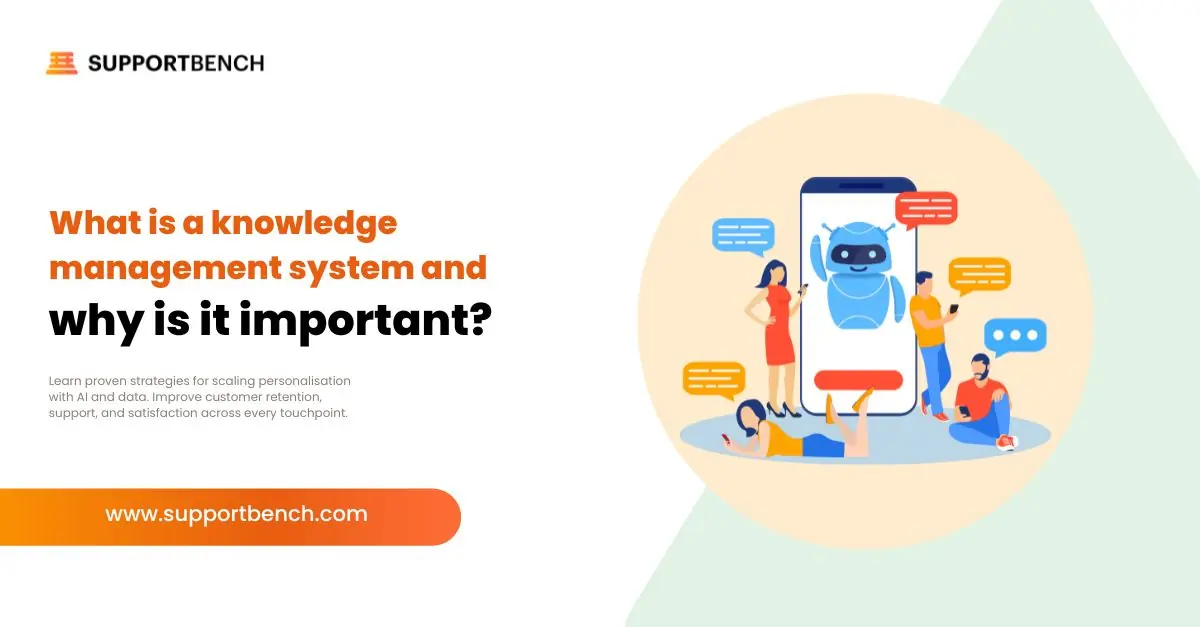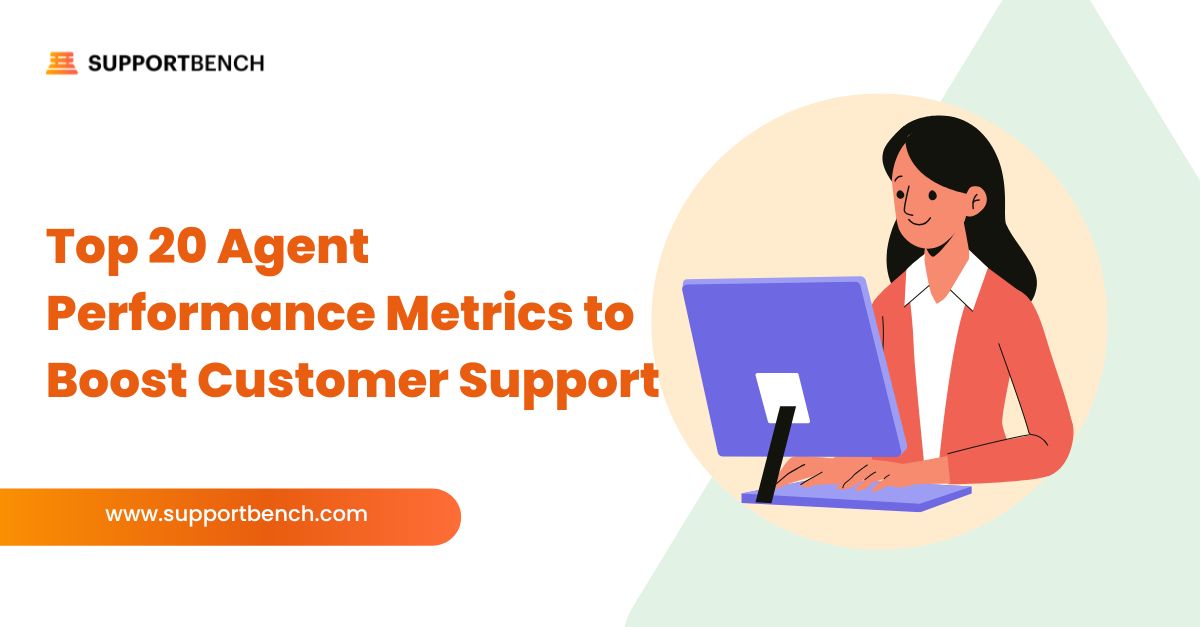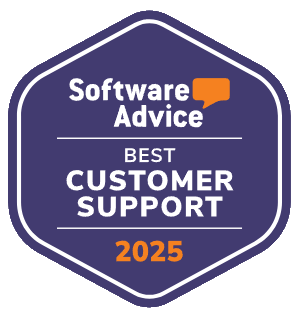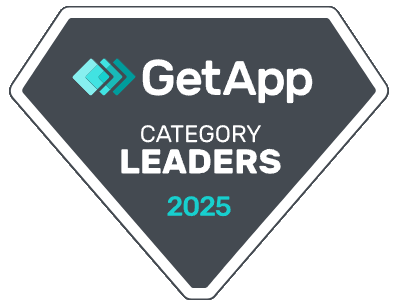In the rapidly evolving space of B2B support platforms, a distinct divide has emerged between solutions tailored for business-to-consumer (B2C) interactions and those designed with business-to-business (B2B) relationships in mind. Supportbench has emerged as a leader in this latter category, offering a suite of advanced features specifically engineered for B2B support. This article delves into the unique requirements of B2B support and how Supportbench’s bespoke approach contrasts with more generalized platforms like Zendesk and Freshdesk, which originally catered to B2C needs.
The Mismatch of B2C Platforms in B2B Environments
B2B support complexities go beyond the scope of many B2C-focused platforms. Using a B2C-oriented tool like Zendesk or Freshdesk in a B2B context have lead to significant challenges:
Lack of Advanced Analytics
Because Zendesk and Freshdesk have such a strong B2C Focus, both platforms were originally built to handle large volumes of simple transactions typical in B2C interactions, emphasizing speed and efficiency over depth. Also, while they offer basic reporting and analytics, these tools may not delve deeply into the complexities often required in B2B relationships.
We know, B2B relationships necessitate a more nuanced approach to data, requiring customized reports that can track and analyze long-term trends, contract compliance, and intricate customer interactions. This level of deep analytical insights are crucial in B2B environments to understand customer needs, forecast trends, and tailor services accordingly. Trying to use a B2C system for the complexities of a B2B world will always leave you with costly inefficiencies.
Inadequate Automation for Complex Processes
Although Zendesk and Freshdesk do provide automation, they’re primarily designed for handling high-volume, repetitive tasks common in B2C interactions. The level of automation capabilities in Zendesk and Freshdesk may not be flexible or sophisticated enough to manage the complex, often customizable workflows that characterize B2B support.
More often than not, B2B interactions require nuanced and customized workflows, like handling unique SLAs for different clients or integrating deeply with client-specific systems and databases. This need for advanced automation tools in B2B is critical for efficiency and maintaining personalized customer relationships.
AI Integrations Not Suited for B2B
The AI and machine learning features in both Zendesk and Freshdesk are generally designed for common queries and basic interaction analytics, those aligned with B2C needs. The level of AI they have, will lack advanced capabilities like predictive analytics, deep learning insights, and customized AI responses that are becoming increasingly important in the B2B sector. And that is because B2B interactions involve complex decision-making, requiring AI that can understand and analyze intricate scenarios. AI in B2B environments needs to be capable of interpreting and acting upon a deeper understanding of business contexts, industry-specific nuances, and individual customer histories.
Supportbench’s Edge in the B2B
While Zendesk and Freshdesk have made strides in adapting their platforms for B2B audiences, their core design and features reflect their B2C origins. This results in gaps in analytics, automation, and AI capabilities for the complex, nuanced, and deeply relational world of B2B customer support. These gaps underscore the importance of a platform like Supportbench, which is purpose-built for the B2B domain, addressing these specific needs and challenges head-on.
Supportbench’s design philosophy centers around THREE key pillars, making it a standout choice for B2B enterprises:
Seamless Customer Support Management
- Dynamic SLAs: Supportbench offers dynamic Service Level Agreements (SLAs) that are crucial in the B2B sector. Unlike static SLAs common in many customer support systems, Supportbench’s dynamic SLAs can be tailored to the specific requirements and changing circumstances of each client. This capability ensures a more personalized and responsive service experience, vital for maintaining your strong B2B relationships.
- Comprehensive Knowledge Base: The platform provides a Knowledge-Centered Service (KCS) knowledge base, which is far more than a repository of information. It’s a dynamic, evolving resource that grows with the interaction between users and the system. This approach ensures that the knowledge base is always up-to-date and relevant, significantly improving the efficiency of resolving client queries and issues.
- Tailored Support Surveys: Understanding client feedback is paramount in B2B relationships. Supportbench’s tailored support surveys allow businesses to gather specific, actionable feedback. This targeted approach to collecting insights ensures that businesses can make more informed decisions and continuously refine their customer support strategies.
Data-Driven Optimization and Innovation
- AI-Driven Analytics: In the B2B, data is more than just numbers; it’s a roadmap to understanding client needs and expectations. Supportbench’s AI-driven analytics go beyond traditional data analysis. By employing advanced AI algorithms, the platform can uncover deeper insights, predict trends, and provide actionable intelligence that drives continuous improvement and strategic decision-making.
- Customizable Dashboards: Each B2B client may require a different view or focus on metrics. Supportbench’s customizable dashboards allow for a high degree of personalization. Support teams can tailor these dashboards to highlight the most relevant data, aligning with both operational needs and strategic objectives. This flexibility is key to adapting quickly to changing business landscapes.
Autonomous and Scalable Infrastructure
- Reduced IT Dependency: A significant advantage of Supportbench is its design that minimizes the dependence on IT teams. This autonomy is particularly beneficial for B2B organizations, where IT resources are often stretched thin. The platform’s intuitive design and ease of use mean that support teams can configure, modify, and maintain the system with minimal IT involvement, leading to quicker adaptations and less downtime.
- Scalability: As B2B businesses grow and evolve, their customer support needs can change dramatically. Supportbench is designed to scale alongside these businesses. Its infrastructure can handle increasing volumes of interactions without compromising performance, ensuring that businesses can expand their customer base and service offerings without the need for constant system overhauls.
Supportbench: A Revolution in B2B Customer Support
Supportbench stands out in the B2B support software landscape. Its focus on advanced analytics, robust automation, and cutting-edge AI integrations positions it as a revolutionary tool tailored for the unique demands of B2B enterprises. In contrast to platforms like Zendesk and Freshdesk, which have adapted their B2C-oriented features for B2B use, Supportbench has been crafted from the ground up with the complexities of B2B relationships in mind.
The platform’s ability to provide deep insights, manage complex workflows, and integrate the latest AI technologies aligns perfectly with the evolving needs of B2B customer support.















